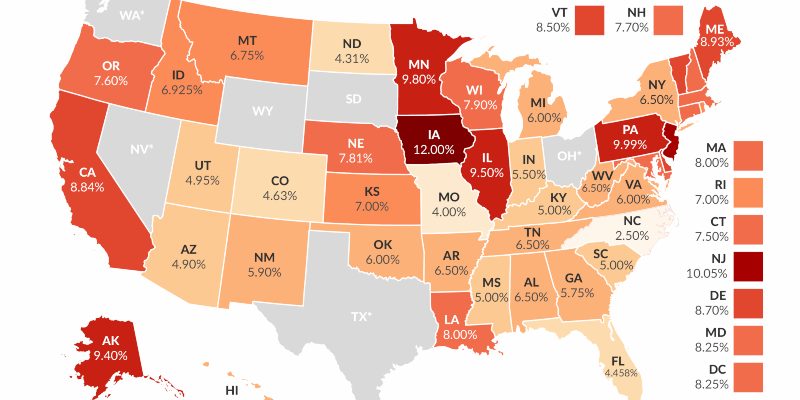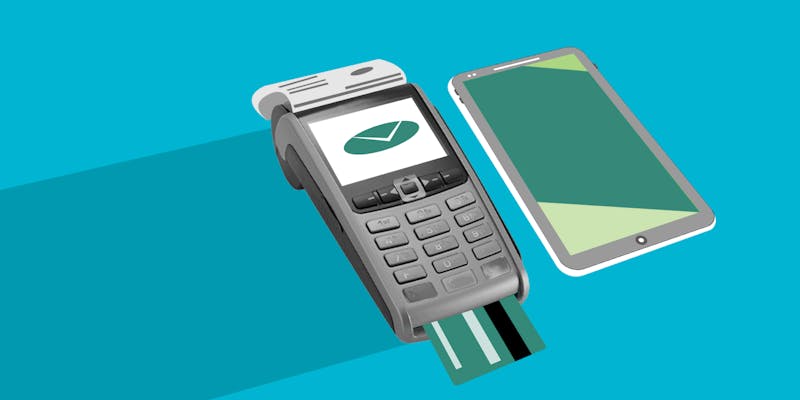
Are you a real estate investor exploring ways to defer capital gains taxes and optimize your investment strategy? Step into the world of 1031 Like-Kind Exchanges, a potent tool enabling you to exchange one investment property for another without facing immediate tax liabilities.
In this comprehensive guide, we'll unravel the complexities surrounding 1031 Like-Kind Exchanges tax questions, providing you with a clear roadmap for successful transactions and expanding on essential details to ensure you make informed decisions.
Understanding the Basics
Embarking on a detailed exploration, let's lay the groundwork for a comprehensive understanding. The 1031 Like-Kind Exchange enables you to sell a property and redirect the proceeds into another property of equal or greater value, all while postponing capital gains taxes.
At the heart of this lies the crucial notion of 'Like-Kind,' emphasizing the resemblance in the nature or character of the involved properties. This foundational grasp serves as the cornerstone for optimizing the advantages inherent in this tax-deferred strategy.
By recognizing and embracing the essence of 'Like-Kind,' you position yourself strategically to make the most of the opportunities presented by this powerful tool, ensuring a seamless transition between properties while preserving your financial gains.
Common Tax Questions
Now, let's delve deeper into the most pressing tax questions associated with 1031 Like-Kind Exchanges, providing you with a more comprehensive understanding of this valuable tool.
1. How Does the Exchange Process Work?
The 1031 exchange process involves identifying a replacement property within 45 days of selling the original property and completing the purchase within 180 days. The clock starts ticking the moment you close the sale, so timing is crucial.
2. What Properties Qualify for Like-Kind Exchanges?
Like-kind does not mean identical. You can exchange a residential property for a commercial one or vice versa. However, both properties must be used for investment or business purposes. Primary residences do not qualify.
3. Are There Restrictions on the Replacement Property's Value?

To defer all capital gains, the value of the replacement property must be equal to or greater than the property you sold. Any cash or reduction in a mortgage must be offset by additional cash or mortgage on the replacement property.
4. Can I Include Personal Property in the Exchange?
While real property can qualify for Like-Kind Exchanges, it's essential to note that personal property generally does not. However, certain exceptions exist. To explore the nuances and determine if any personal property can be included in your exchange, consult with a seasoned tax professional for personalized guidance.
5. What Happens if I Can't Identify a Replacement Property Within 45 Days?
The 45-day identification period can indeed be challenging, especially when suitable replacement properties are scarce. If you find yourself unable to identify a replacement property within the timeframe, consider leveraging the expertise of a qualified intermediary. They can assist you in exploring alternative solutions or extensions, ensuring you navigate potential hurdles with confidence.
6. Are 1031 Exchanges Limited to Domestic Properties?
No, the benefits of a 1031 Like-Kind Exchange extend beyond domestic borders. International properties may qualify if they meet the IRS criteria for Like-Kind Exchanges. However, it's crucial to acknowledge that navigating international tax laws adds complexity to the process. Seek professional advice when considering cross-border transactions to ensure compliance and optimize your tax advantages.
7. What Happens if I Want to Downsize or Change Property Types?
If you're contemplating downsizing or changing property types, understanding the implications is crucial. If your replacement property is of lesser value or a different type, you may receive cash in the exchange, known as a "boot." It's essential to be aware that this boot may be subject to taxation, emphasizing the importance of making informed decisions aligned with your financial goals.
8. Can I Use 1031 Exchanges for Vacation Properties?
In most cases, vacation or second homes do not automatically qualify for Like-Kind Exchanges. However, if you can demonstrate that the property is primarily held for investment rather than personal use, it may be eligible. To assess the eligibility of your specific situation and navigate the intricacies of vacation property exchanges, consult with a knowledgeable tax advisor.
Navigating Potential Pitfalls
While 1031 Like-Kind Exchanges provide significant advantages, it's important to recognize potential drawbacks and proactively deal with them to guarantee a seamless and successful transaction.
Boot and Taxable Gains
Exercise caution regarding the receipt of 'boot,' which refers to any non-like-kind property received in the exchange. Be mindful that boot is taxable, and failing to reinvest all proceeds may result in unexpected tax liabilities. Prioritize comprehensive planning to minimize the risk of encountering taxable gains.
Strict Timelines

Adhering to the 45-day identification period and 180-day exchange period is non-negotiable. Missing these deadlines can jeopardize the entire exchange, leading to immediate tax consequences. Stay vigilant and plan strategically to ensure the timely completion of each phase of the exchange process.
Expert Tips for a Smooth Exchange
To navigate the terrain of 1031 Like-Kind Exchanges successfully, consider incorporating these expert tips into your strategy.
Evaluate Financing Options
While deferring capital gains is a primary objective of 1031 exchanges, exploring financing options for the replacement property can enhance flexibility. Assess various financing structures to optimize your investment strategy and align it with your financial objectives.
Stay Informed About Tax Law Changes
Tax laws are subject to change, and staying informed about updates is crucial for making well-informed decisions. Regularly consult with tax professionals and legal experts to ensure your strategy aligns with the current regulatory landscape.
Conclusion
In conclusion, 1031 Like-Kind Exchanges stand as a potent tool for real estate investors seeking tax advantages and strategic portfolio optimization. By enhancing your comprehension of the fundamentals, tackling prevalent tax queries, and actively steering clear of potential pitfalls, you can fully exploit the capabilities of this potent strategy.
Keep in mind the timing is crucial, and receiving expert guidance can be the determining factor between success and unforeseen tax obligations. Take control of your investments, and let 1031 Like-Kind Exchanges pave the way for a tax-smart future in real estate. As you explore the intricacies of this valuable tool, the key is to remain informed, adaptable, and guided by the expertise of qualified professionals.




